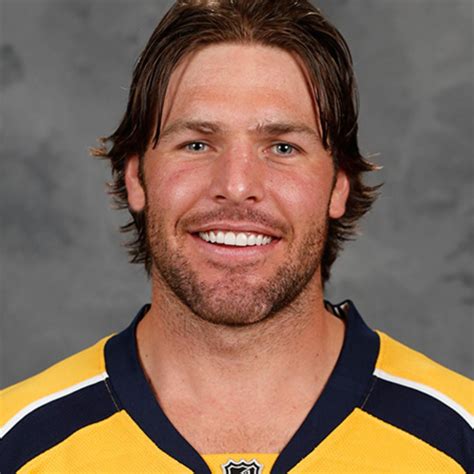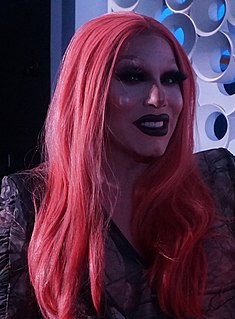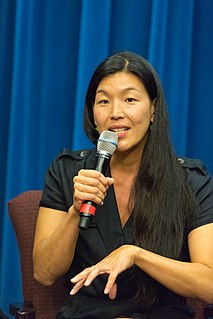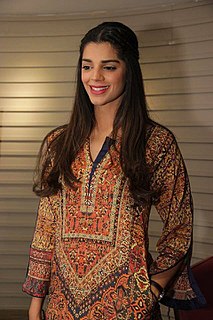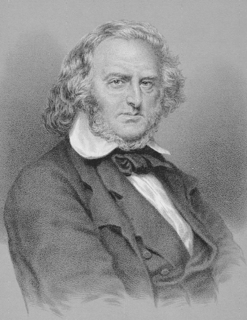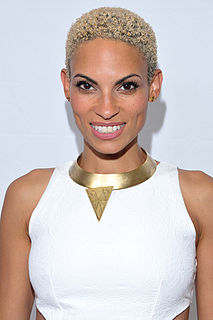A Quote by Joshua Wong
You don't need role models to be part of a social movement as long as you care about the issues.
Related Quotes
One of the things we need to do is address mental health care as an integral part of primary care. People often aren't able to navigate a separate system, so you see successful models where a primary care physician is able to identify, diagnose, and concurrently help people get mental health treatment who have mental health issues.
I think we really need a movement to drive how popular culture understands the issues that feminists care about. When I think about the LGBT movement for example, they have had a really intentional strategy to try to change images and representation of LGBT people in the media and the culture. It really moved the dial politically. That's what is needed in the women's movement - a strategy that can drive awareness and culture change.
It's hard to carry a child around with you, but fortunately, in most cases, you don't have to ask a child for directions if you have a well-chosen role model ready to guide you. This is the next prescription: Take one role model, as often as needed. Set aside a few minutes today to fill this prescription so you will have it handy when you need it. Think now about who your role models have been. What do they offer? Who else do you admire, and exactly what do you admire about them? Have your roster of role models ready and waiting to help you the next time you are perplexed.
We need to start identifying the triggers that aggravate mental health issues in our society - bullying, social media negativity and anxiety, gender based violence, substance abuse, stigma around issues such as maternal issues, etc., and we need to speak up about these more and get to the source of the problems.
The experience of [the African] bishops is that evangelization itself should be foremost, that the God of Jesus Christ must be known, believed in and loved, and that hearts must be converted if progress is to be made on social issues and reconciliation is to begin, and if - for example - AIDS is to be combated by realistically facing its deeper causes and the sick are to be given the loving care they need. Social issues and the Gospel are inseparable.
Executives run organizations. In business, we need executives who have clarity, people who are in touch with themselves. Then, in leadership and management positions, they can be good role models and leaders. The people I know who have really moved their organizations are scrupulous role models. They are so clear about honesty, integrity, openness, mutual self-respect, dignity for the individual, and creativity, that they don't deviate from these principles at all in their behavior.



